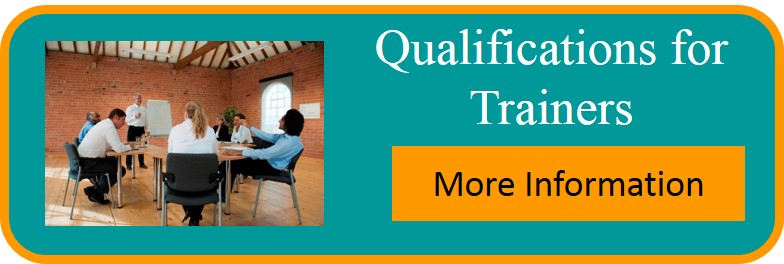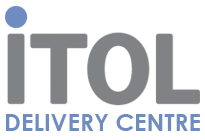
What are the most common mistakes an inexperienced or new trainer makes?
Thank you to everyone in the LinkedIn group Effective and Fun Training Techniques who shared their knowledge so we can benefit from it.
This is part three of your great work.
Timing every time. Each participant needs to be aware, or made aware of, how long they have to contribute and why this is important. As we all know, all you need is one learner to take up too much time and you are left with a session having an unexpectedly truncated spot.
Wendy Smith
Call to Action: Keep to time.
In my early days in IT training I knew the material in the courseware inside out. However, if somebody asked me something around what was in the book, I would find it awkward.
I did not like students’ questions until I realised that their concerns (outside of the book) were also learning points for me.
As I ran the courses regularly, I began to discuss the student issues up front before they asked the question and then asked them for their knowledge and experience on those issues, which I would then feedback into the next class.
Very quickly I became very confident discussing those matters. Classroom discussions were and still are one of my favourite training methods. It allows everybody to contribute and share their experience.
Vince Stephenson
Call to Action: Adults learn best when being involved.
From personal experience, I remember not always being ready for the myriad of questions that came my way. Spontaneity and self-confidence were practiced through experience to greatly improve my delivery and comfort in my role.
Tracy Bianco
Call to Action: Be kind to yourself – you will learn how to manage questions through experience.
Getting embarrassed by unexpected learner questions for which there are no proper answer, and the improper handling of these unexpected questions.
Munib Amin Shadid
Call to Action: Learn techniques to be able to manage the most awkward or unexpected questions.
If you don’t know the answer to a question ASK…50 bucks says someone in the group will know the answer and make your work more rewarding.
Johan Potgieter
Call to Action: Use the experience in the room to extend your knowledge.
Not able to park questions. Trying so hard to answer questions even advanced that it disrupts the flow of the training or you run over time.
Ruth Mocorro
Call to Action: Have a method for parking questions.
My biggest oversights going in was ‘overkill’
– trying to do too much too soon
– expecting too much too soon
– talking too much too soon
– too many aids/visuals/examples too soon
– having the session end TOO SOON.
Dennis (Dixie) Lee
Call to Action: Slow down and pace your sessions.
In addition to this, some advice I’d give to new trainers is to run their first few sessions on their own, without an observer, if possible.
When I first began, I had the added pressure of ‘being observed’ by experienced trainer/s with positive intent to support me and ensure quality. However, I found that my observed sessions were very different as I was more conscious of their observation than the learners.
I only started to truly learn when I was able to think about the group, the learners and stop worrying about how I was being perceived by the observer.
17 years on, if I were to have my time again, I’d suggest that for the first few sessions that I write up a reflective log and discuss feedback with one of the participants, and leave the observations until a later date!
Kay Matthews
Call to Action: Use reflective learning &/or video record your sessions to discuss/show to your mentor (observer).
There will be more blogs to come on this subject.
If you are a new trainer or an experienced trainer please let us know your thoughts in the comments box below.
If you enjoyed reading this blog, please share with your friends using the buttons below:








